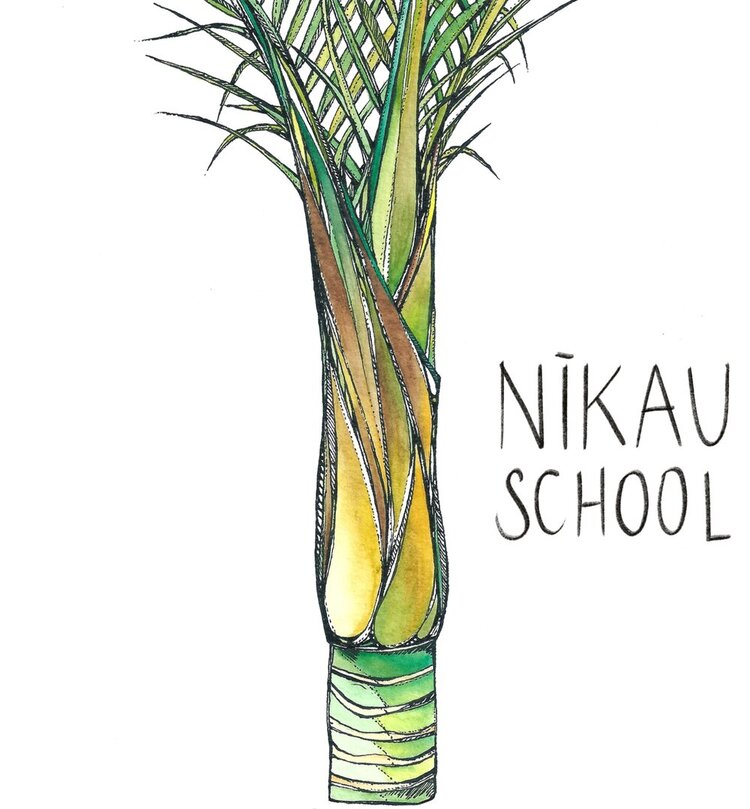Choosing the right school for your child is one of the most important decisions you'll make as a parent. If you're exploring alternatives to traditional education, you may have come across the Montessori approach. But what exactly is Montessori education—and how is it brought to life at Nīkau Montessori School?
In this post, we’ll guide you through the key Montessori principles, how they benefit children, and how we apply them daily at Nīkau. Whether you're new to the method or already a believer, this parent guide to Montessori will help you better understand what makes our approach so unique.
What Is the Montessori Method?
The Montessori Method, developed by Dr. Maria Montessori in the early 1900s, is a child-led, hands-on approach to learning that respects each child's natural development. It’s built on the belief that children learn best when they are free to explore at their own pace, in a thoughtfully prepared environment that nurtures independence, curiosity, and concentration.
Unlike traditional schooling, Montessori education doesn’t rely on lectures, worksheets, or rote memorisation. Instead, children work with beautifully designed materials that engage their senses, allow for deep understanding, and foster a love of learning that lasts a lifetime.
Core Montessori Principles (and How We Apply Them at Nīkau)
1. Child-Centred Learning
At Nīkau Montessori School, the child is always at the centre of the learning experience. Our guides (teachers) carefully observe each student and offer lessons based on readiness, not age or arbitrary grade levels. This approach ensures that each child is challenged, supported, and able to learn in a way that makes sense to them.
2. Freedom Within Limits
Children are given the freedom to choose their work and move around the classroom—within clear, respectful boundaries. This nurtures independence, decision-making, and self-motivation—skills that are foundational for success both in school and life.
3. Prepared Environment
Our beachfront classrooms are designed to promote calm, focus, and exploration. Montessori materials are arranged on accessible shelves, allowing children to independently select activities. Every object has a purpose and place—creating an orderly, predictable environment that supports learning.
At Nīkau, we take this even further by incorporating outdoor learning and nature-based activities, using our beautiful coastal surroundings to support hands-on exploration.
4. Learning Through Hands-On Experience
Children at Nīkau don’t just learn maths—they experience it. Whether they’re working with golden beads, fraction insets, or geometry sticks, they are physically manipulating materials that represent abstract ideas. This deepens understanding and supports a strong foundation in numeracy, literacy, and problem-solving.
5. Mixed-Age Classrooms
Our classrooms are grouped by developmental stage (e.g., 6–9 years), rather than traditional year levels. This allows younger children to learn from older peers, and older children to take on leadership roles. It fosters collaboration, respect, and a true sense of community.
6. The Role of the Guide
Our teachers act as guides, not lecturers. They support rather than instruct, gently leading each child through their individual learning journey. At Nīkau, this looks like intentional observation, timely intervention, and fostering a warm, trusting relationship with every child.
Why Parents Love the Montessori Approach
Parents often tell us that they’re drawn to Montessori because it nurtures the whole child—academically, socially, emotionally, and spiritually. Children are treated with respect, allowed to express themselves, and encouraged to take ownership of their learning.
At Nīkau Montessori School, we honour each child as a capable and unique individual. Our Montessori principles are not just educational tools—they’re a way of life that promotes peace, responsibility, and a love for learning that continues well beyond the classroom.
